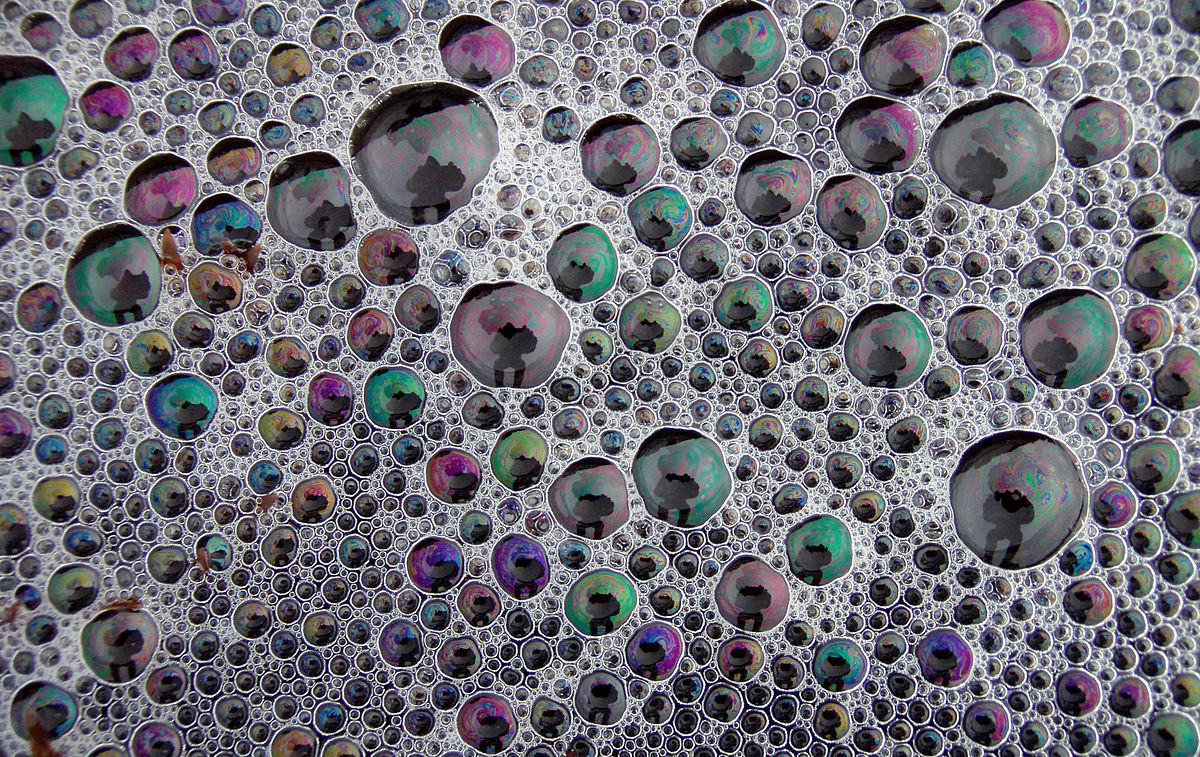I read and listen to a lot of Covid sceptics. It’s important to listen to what they have to say in order to test your own assumptions, although only up to a certain point, because diminishing returns set in unsurprisingly quickly. It’s also important to listen to the way they say it, because the way in which these alternative narratives continuously form and reform represents, I think, something new.
The term ‘conspiracy theory’ is of limited use here, because the content of the message can always change – indeed, the content of the message is always changing, that’s one of its characteristics. Often there is no real ‘theory’ there; they are not fully coherent narratives in the way that mainstream narratives usually are, because they’re home-spun, stitched together like a quilt until the design emerges.
As a result, they never become fully coherent, and they never will – but that’s their strength, because it makes them resilient. It’s useful to think of them as foam, with bubbles continually surfacing and dispersing, compared to more traditional “blocky” narratives of mass media. Those blocks are solid and strong, but you can chip away at the edges and eventually one of them might crumble; not so with foam.
These “blocky” narratives are are unitary, they are solid, they have a lot of weight; “foamy” narratives are multiple, they are fragile, and they are extremely light (in terms of their place in the culture). You can’t chip away at foam; you might pop a bubble that rises to the surface, but another bubble will rise up almost immediately; the most you can hope for is that the foaming calms down.
The form of any given narrative says nothing about how truthful or accurate it is; but accusing “foamy” narratives of being “wrong” is not just pointless, but misses the point almost entirely. Such narratives are like oral traditions, with a core that makes sense to the listener, but a slightly different tale depending on who’s doing the telling, and so they are accessible in a different way to “blocky” narratives.
I suspect that the future of meaning in the network society is “foamy” rather than “blocky”. This causes anxiety for everybody: those who prefer the “blocky” narrative find the loss is disturbing, but those who prefer the “foamy” narrative will find no solid ground to stand on. Is there a synthesis available, one which takes the best parts of both? I doubt it, but I would say that; I’m blocky through and through.




